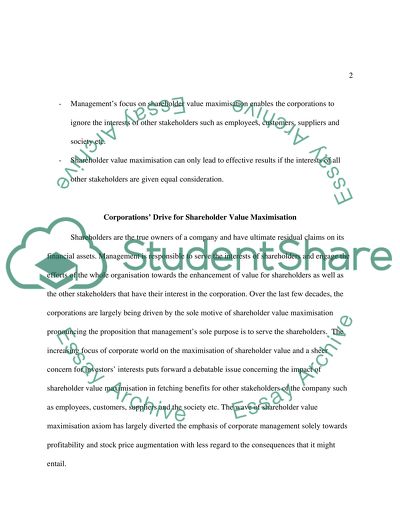Cite this document
(“Strategic Management Accounting for Shareholder Value Maximisation Essay”, n.d.)
Retrieved from https://studentshare.org/marketing/1526991-strategic-management-accounting-for-shareholder-value-maximisation
Retrieved from https://studentshare.org/marketing/1526991-strategic-management-accounting-for-shareholder-value-maximisation
(Strategic Management Accounting for Shareholder Value Maximisation Essay)
https://studentshare.org/marketing/1526991-strategic-management-accounting-for-shareholder-value-maximisation.
https://studentshare.org/marketing/1526991-strategic-management-accounting-for-shareholder-value-maximisation.
“Strategic Management Accounting for Shareholder Value Maximisation Essay”, n.d. https://studentshare.org/marketing/1526991-strategic-management-accounting-for-shareholder-value-maximisation.


